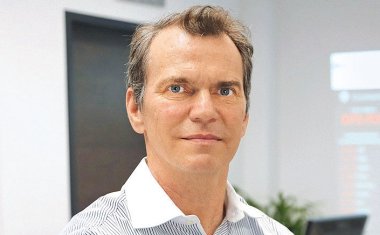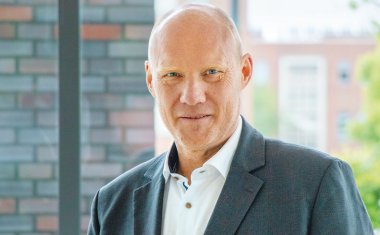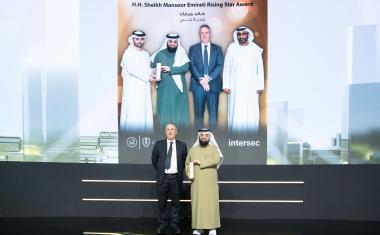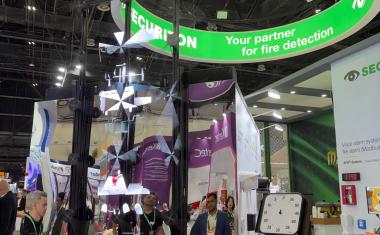2017 Eusas-Euralarm Conference in Berlin
Cutting-edge and freshly published research on fire safety was presented during a joint conference of EUSAS and Euralarm, the leading European trade and research associations in th...
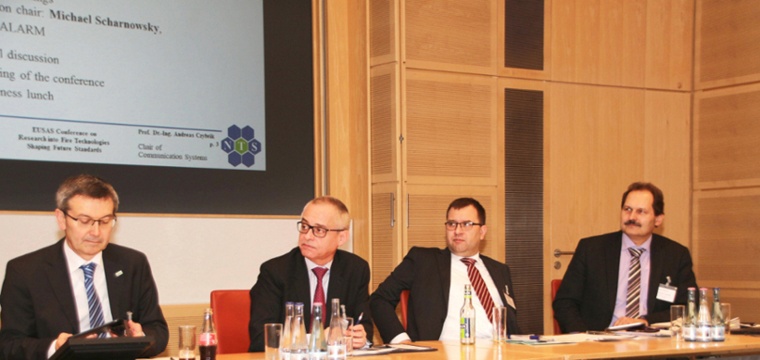
Cutting-edge and freshly published research on fire safety was presented during a joint conference of EUSAS and Euralarm, the leading European trade and research associations in the sector. R&D’s potential impact on current and future standardisation work was a point of focus of the event.
The joint Eusas-Euralarm conference took place on February 7-8, at the Berlin offices of Bosch Security Systems. At the crossroads of standardisation and research, the event was the occasion to discover how cutting-edge innovation in the sector of fire safety will drive the development of future standards and make buildings and people safer than they have ever been.
The Eusas-Euralarm conference brought together 60 top specialists in the field of fire safety research, engineering and standardisation, coming from various European countries. Introducing the event were Eusas Chairman Prof. Dr. Andreas Czylwik, Euralarm President Enzo Peduzzi and, on behalf of the event’s host Bosch, Christoph Hampe. The conference’s programme was divided into four sessions: false alarms, performance and quality testing, evacuation systems and fire safety in smart buildings.
Yet unpublished research on false alarms data gathered in Germany, Great Britain, Switzerland and Sweden was presented by Dr. Sebastian Festag from ZVEI, the German Electrical and Electronic Manufacturers' Association, and Lance Rütimann from SES, the Swiss Association of Security Product Manufacturers. Both are Euralarm Delegates in the Task Group False Alarms. They have derived a common approach to an empirical analysis of false alarm data. Wolfgang Krüll from the University of Duisburg-Essen presented reproducible testing procedures for false alarms and three new testing devices which have been developed for those procedures. Statistics from Iceland were presented by Gudmundur Gunnarsson, of MVS Iceland Construction Authority.
The problem of testing a safety device’s performance over its whole lifetime was first presented by Thomas Litterst, Hekatron, including a specific testing process he has developed. As demonstrated by Thorsten Schultze, from the University Duisburg-Essen, products currently on the market are largely compliant with current standard’s requirements on age limits and could potentially function correctly well beyond. Raman Chagger from BRE, a research institute specialising in building aspects, also showed that optical smoke detectors developed in the 1980’s function perfectly in modern environments including of plastics and flame retardant foams. Another matter is the mechanism of drift compensation, making up for the aging of a device and the build-up of dirt on sensors, which has the potential to delay the detection of slowly developing fires, according to Florence Daniault, from the Wagner Group.
Evacuation systems was the third topic discussed. Dr. Karl Fridolf from WSP, an engineering services group, exposed the theoretical framework of human behaviour in situations of fire, and how behavioural aspects could be better considered in safety design. Video fire detection and its influence on evacuation was presented by Dr. Tjark Windisch from Bosch Security Systems. Dr. Windisch called for greater efforts in standardising video fire detection.

